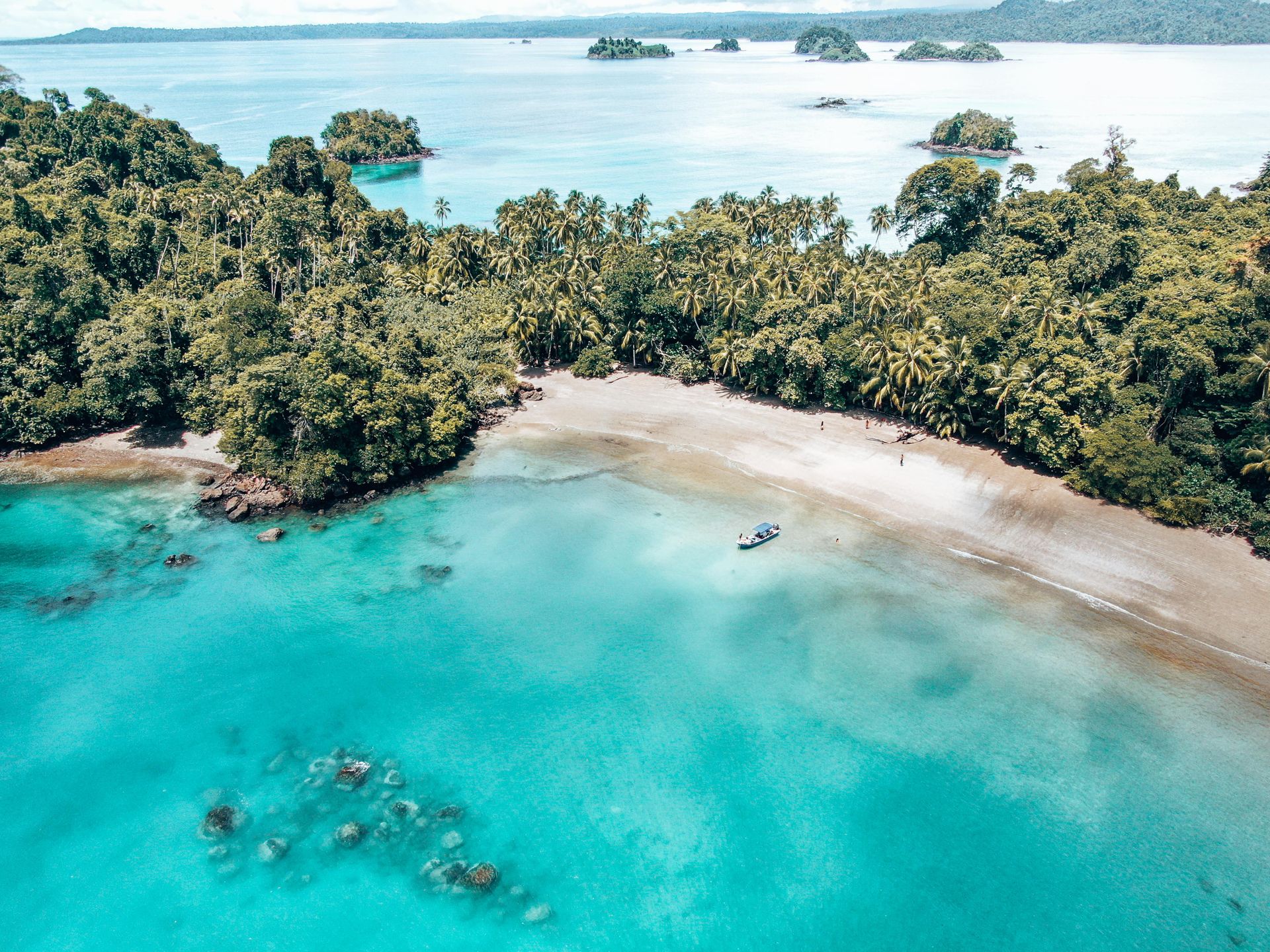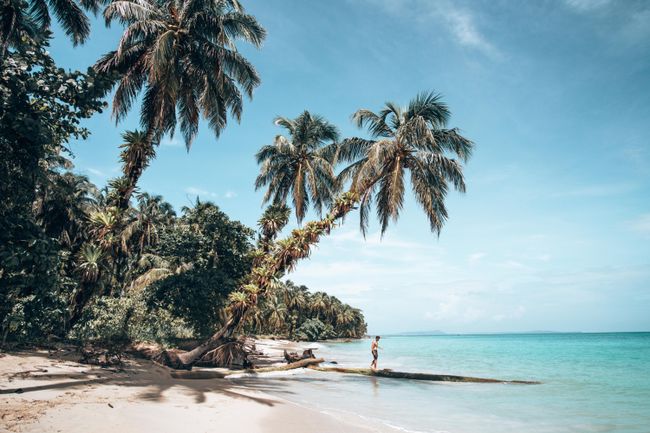
Oh wie schön ist Panama.. &Costa Rica :-)
vakantio.de/oh-wie-schon-ist-panama-andcosta-rica-
Costa Rica - Uvita and Cocovardo National Park :-)
Avaldatud: 17.08.2019
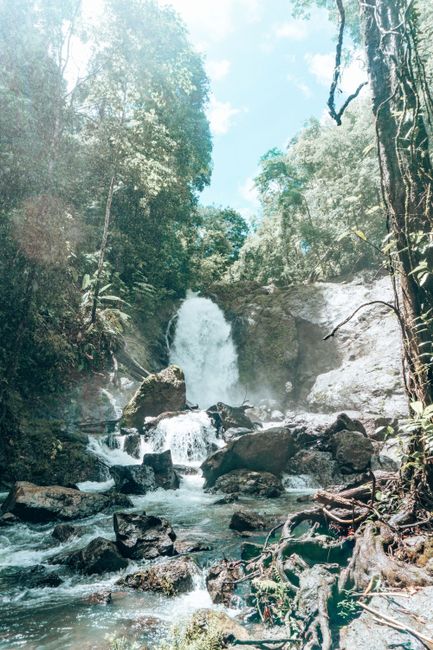
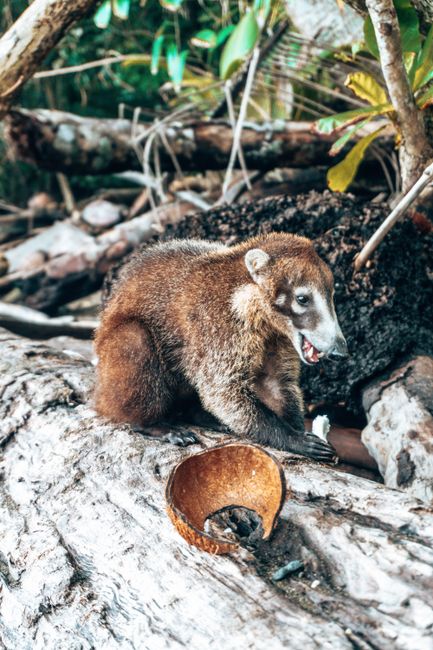
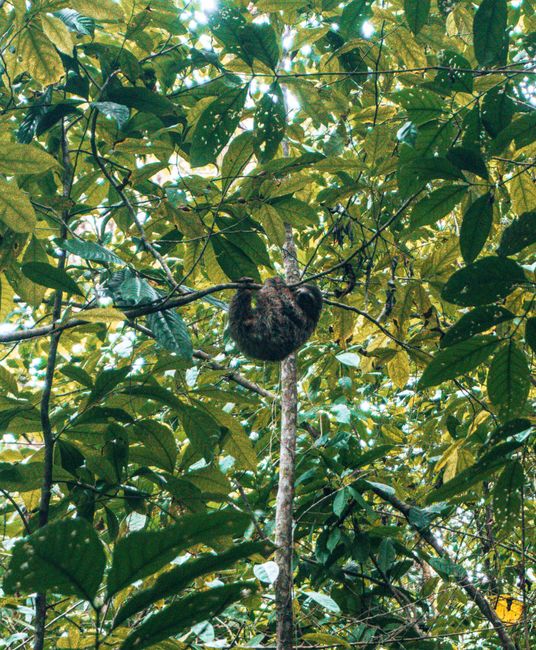
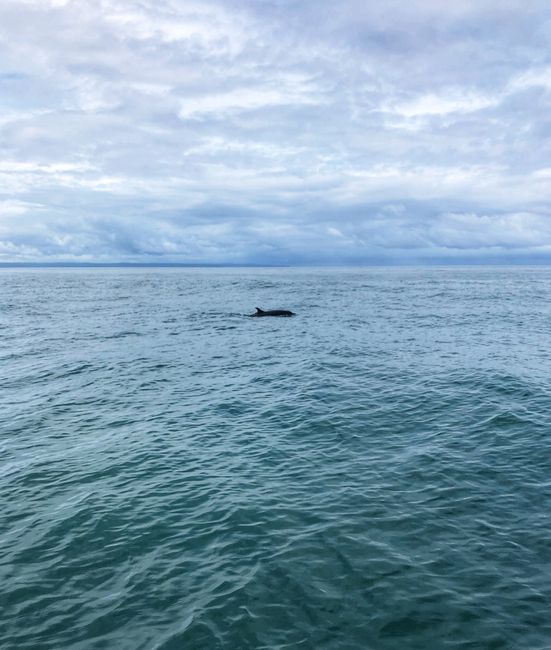
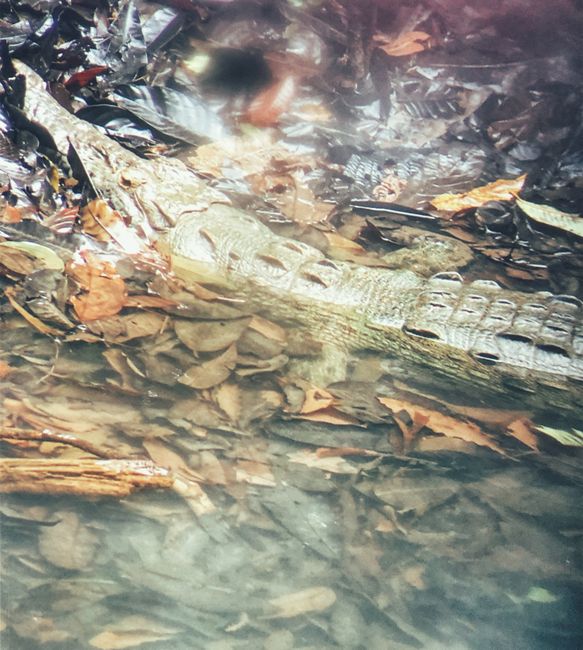
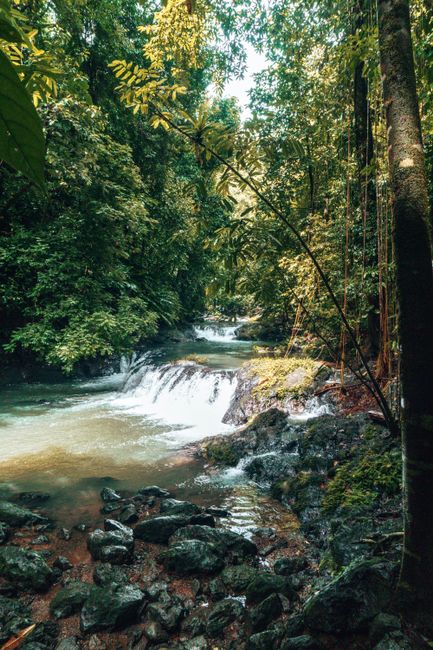
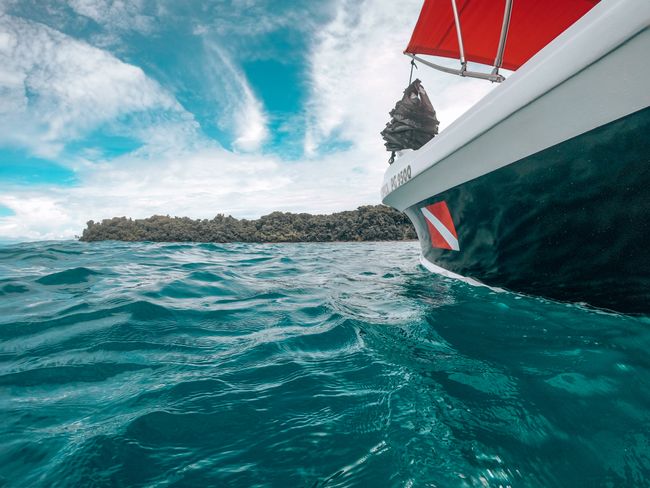
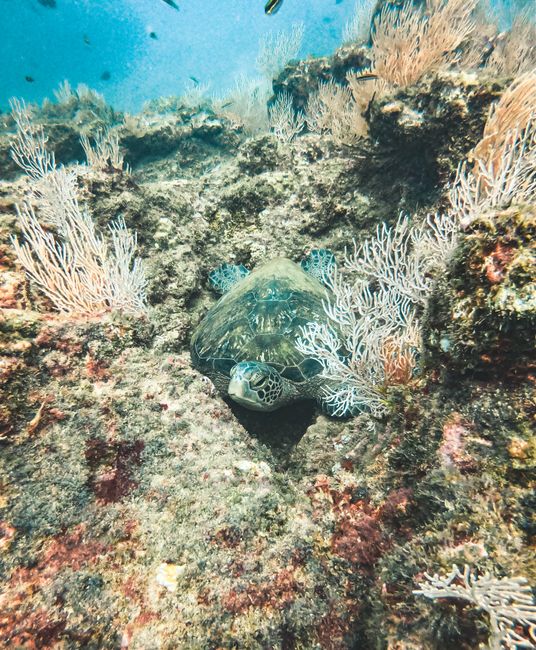
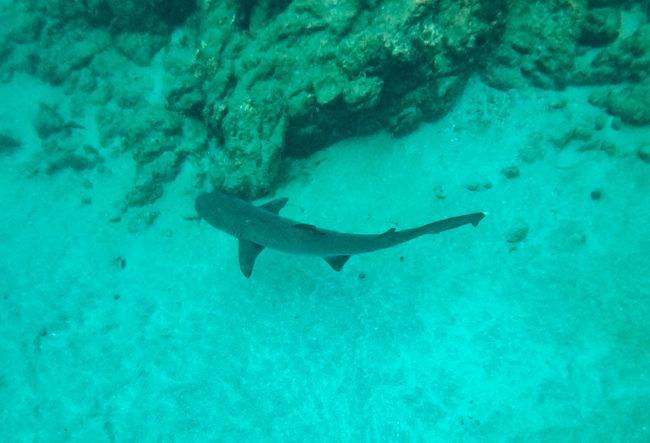
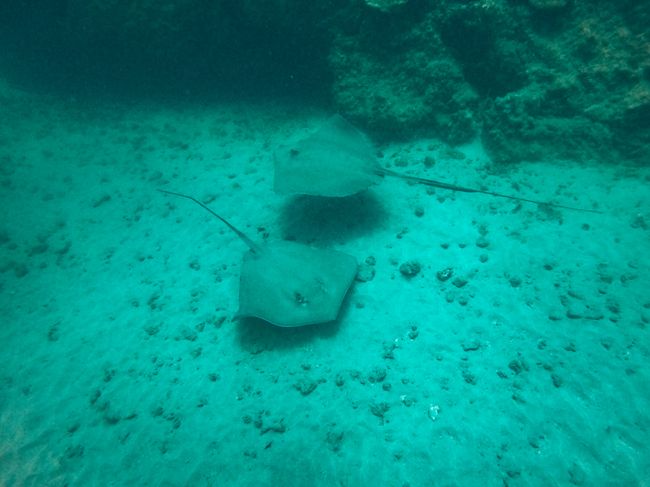
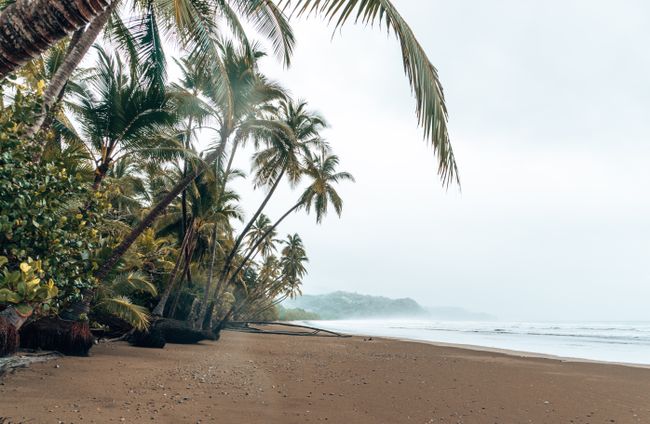
Telli uudiskiri
Our next stop was Uvita, a small village near Cocovardo National Park, which is actually just a few family hostels, a mini supermarket, a school, and some houses.
On the day of our arrival, we became aware of the rainy season because it poured continuously from morning till evening.
Eventually, we decided to put on our raincoats and walk along the endless, completely untouched, and palm-lined beach, looking for whales that are often seen in the bay during this time of year. Unfortunately, we had no luck with the heavy rain and poor visibility - but that was about to change the next day! :-)
On the second day, the sun was shining brightly, and we eagerly set off for Cocovardo National Park - a reserve in the southwest of the Osa Peninsula, known as one of the world's most biodiverse regions. Lucky visitors may encounter scarlet macaws, tapirs, jaguars, sloths, crocodiles, agoutis, all four monkey species found in Costa Rica, and much more.
The one-hour boat ride was already a highlight as we encountered schools of dolphins along the way, and just before arriving, a humpback whale jumped out of the water at a distance but within our sight. Wow!
Our long hike took us along a river to a waterfall in the middle of the national park - along the way, we saw crocodiles, sloths, agoutis, monkeys, spiders, snakes, macaws, toucans (which our guide referred to as the 'Costa Rica Airforce' when they flew by and laughed the loudest :-D), and much more.
No jaguars or tapirs, unfortunately - what a pity!
Nevertheless, it is simply incredible how diverse the wildlife is here. In just a few hours, in such a small area of land, we saw whales, dolphins, and crocodiles. We were already extremely impressed and looked forward to the next morning, as we were heading to Isla del Cano. An island belonging to Cocovardo National Park and known as one of the most beautiful diving areas in Central America - and we were not disappointed! The weather was once again fantastic, and we were exposed to the sun throughout the day. Unfortunately, the organic sunscreen that I had specifically organized for diving, to protect the corals, proved to be much less effective than my usual SPF 50 sunscreen, and I lived up to my nickname 'tomato face'.
Our warm-hearted host couldn't help but laugh when we returned and took me to his garden. There, he broke off a piece of fresh aloe vera and advised me to regularly apply it - in the evening, lying in bed, I was truly grateful to him. :-D
Telli uudiskiri
Vastus
